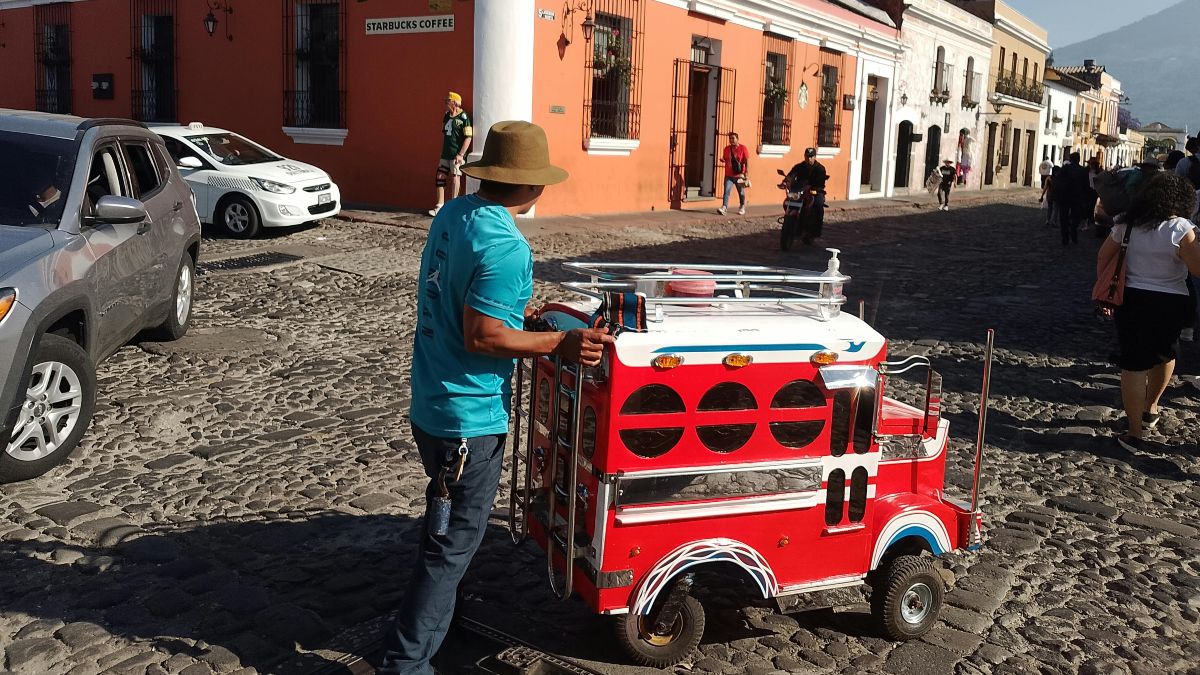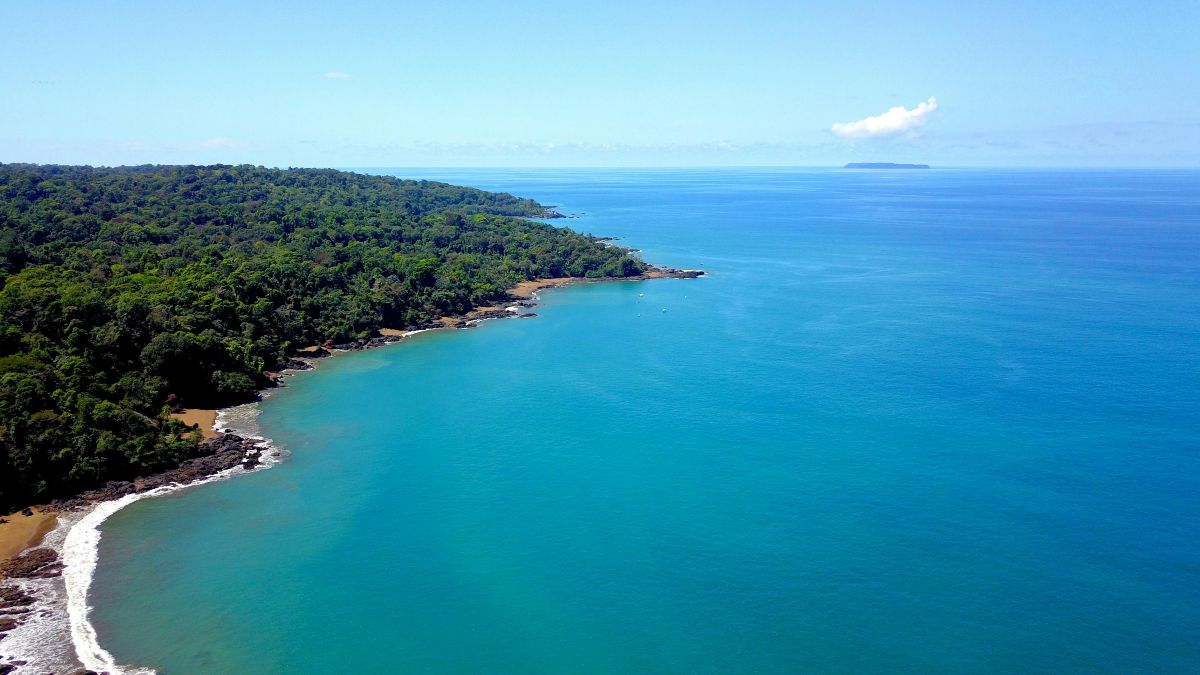The Costa Rica expat Facebook groups are full of people asking about working in Costa Rica. But what do expats do here?
Here in Costa Rica, especially if you’re on vacation, the thought of work might well be the furthest thing from your mind. After all, why waste your time working when there are more productive things to do out there like enjoy pristine tropical beaches, rainforests, and the pura vida?
But here’s the thing. Some of us still gotta work, y’know. Even in Costa Rica. Especially in Costa Rica. This place ain’t cheap.
I guess that’s why so many people on the expat pages on Facebook – my usual hunting ground for article ideas – ask about jobs and working in Costa Rica all the time.
And it always goes the same way. They ask something like, what do you people do for a living down there or can I get a job or gimme a job or whatever. Many ways of asking the same thing and the usual answer from grouchy old long-termers like me is hell no you can’t.
Us grouchy old long-termers get slammed for being negative when we point out unpleasant facts like the high unemployment rate and the need for residency to work legally in Costa Rica. It must suck following the rules, right?
What’s better? Costa Rica residency or the visa run shuffle? (updated for a post-pandemic world) https://t.co/sOSHCcoigE
— Central America Living (@VidaAmerica) March 24, 2021
But this article isn’t about that. It’s obvious you need to be legal to work legally (not that that stops many). This article is about the things we gringo expats actually do here.
I’ll start with me because why not? My main job is editing this website. I have another couple of small freelance writing gigs, but really www.centralamerica.com is my bread and butter.
I work from home primarily, so you could probably call me one of those digital nomad types… in that I can work from anywhere and often do.
I’m not alone. When those erstwhile questioners on social media ask what we’re all doing down here, most of us are doing something online. Writing, editing, IT, teaching online, etc. Selling vacations. It’s great because it’s not illegal to work like that if you’re working for yourself as a freelancer or working remotely for a foreign company.
Point is though, when people ask what jobs they can do in Costa Rica, the smart answer is to fix something up so you can work remotely for a company in your home country, or set yourself up as a freelancer, or run some kind of online business yourself.
But not everyone is down for working in Costa Rica as a digital nomad.
Back in the day, before anyone knew the term “digital nomad”, you know, when “digital” was a type of watch and a “nomad” was a guy in Kazakhstan or Mongolia you read about in National Geographic, people had real jobs.
Now granted, few of those people with real jobs moved down here to Costa Rica, but some did, and most of them ended up in the sports books or teaching English, as much as you can call either a “real job”. Pretty much every gringo I know who’s been in Costa Rica since before, say, 2010, has either worked in a sports book, taught English or both. I taught English for a while myself.
I worked for a company that sent gringos armed with online TEFL certificates and not much else to companies all over San Jose to practice conversational English with employees. The hours were long and the pay was brutal. They kept promising us work visas which never materialized.
It was a bad job, but it was a start, and so many of us started like that.
But there’s no way I could recommend that in 2022. Costa Rica is way more expensive now and I’m sure the pay hasn’t gone up. Costa Rica is also more difficult and stressful to work illegally in. In fact, I’d say the number of these places that used to hire illegals just because they were native English speakers and nothing else has decreased. In fact, the whole model of this type of work has diminished, as most teachers work online nowadays, rather than shlepping all over San Jose.
This is a good thing. Nowadays most teaching jobs are legit, meaning you need to actually (a novel idea, I know) be a teacher with a proper teaching degree. There are still legit language institutes that will accept real teachers and arrange their legal papers, but they’re thinner on the ground from back when any old cowboy could set up shop.
And there are the private schools, too, offering full curriculums. They often hire teachers too and will also set you up good.
But as I said, the main way to teach nowadays, way different from when I was doing it, is to teach online. Most companies that used to send teachers shlepping all over the place now have their teachers working from home. Which is far better.
How much can you earn teaching English in South and Central America and what are the requirements? (A thread) #TEFL pic.twitter.com/hCGqR1KaPg
— The TEFL Org (@TEFLOrg) August 18, 2020
Sports books were the other major employee of gringo “talent” back in the day.
Lots of people came down here back in the 90s and early 2000s to set up call centers for people in the US to contact to bet on sports. For a while it seemed like everyone worked in a book.
Online poker sites, too. They were all down here for a while back then and they paid their people pretty well.
Little by little these outfits ended up leaving. Some are still around but they’re a shadow of what they were. And they won’t just hire anyone nowadays either.
But if you’re legal here and don’t mind working in a call center, the pay per head and gambling industry is an option. Other call center jobs are also available at multinationals like Amazon or HP.
Then you have the yoga teachers.
Often seems here you can throw a rock in the air and hit a yoga teacher. Make sure you throw the rock hard (only kidding, I love you guys!)! Maybe you can bounce the rock off a real estate guy – another favorite occupation down here for the hapless gringo.
You need more certification down here to be a yoga teacher than you do to sell real estate, so this occupation attracts a lot of cowboys and scam artists. There are good ones around though. I just wouldn’t recommend even more. How many real estate agents and yoga teachers can one small country take?
So there you have it. If you’re interested in working in Costa Rica your choices are somewhat limited. Online/remote work (doing whatever), call center work, real estate, yoga. I guess people come and work in bars and stuff, but the pay is abysmal and the hours long. Oh and if you don’t have residency, the chances of being busted are high.
In recent years, Central America has become a major yoga destination. The natural beauty of the region provides a perfect home to some of the best yoga centers in the world. Here are some of our favorite yoga retreats in Central America.https://t.co/0NzRaMLQmU
— Central America Living (@VidaAmerica) March 15, 2022
One thing not mentioned so far is coming down and setting up your own business. That’s another article but it’s worth touching on.
The first thing to know is that without residency in Costa Rica, you cannot actually WORK at your business. So if you own a bar or a restaurant and you’re working in there – busing tables or whatever – you can be deported if caught. You need to hire Costa Ricans to work in your business while you can only “administer” it.
I guess that’s why we didn’t mention it until now. But running your own gig is doable. I know people who run rafting and adventure tours, own hotels, bars, and restaurants. Friend of mine has a building company and another one an outsourcing company. Providing communication solutions like SMS services work well for some entrepreneurs. People set up craft beer operations and run travel agencies or home rental companies.
Bottom line is when running your business, make sure you find a good niche. If your clients are here in Costa Rica, try to cater to Costa Ricans rather than expats. Expats make up a tiny percentage of the population so why limit yourself? Speaking Spanish will help.
But that’s another article altogether.
The best thing, of course, is to be loaded with money. That way you don’t have to even consider working in Costa Rica. I mean why didn’t I consider that myself in the first place? Duh.
James Dyde is the editor of CentralAmerica.com. He lives in Escazu, Costa Rica.




